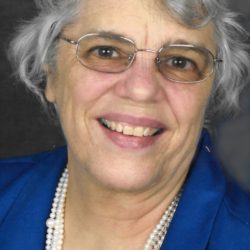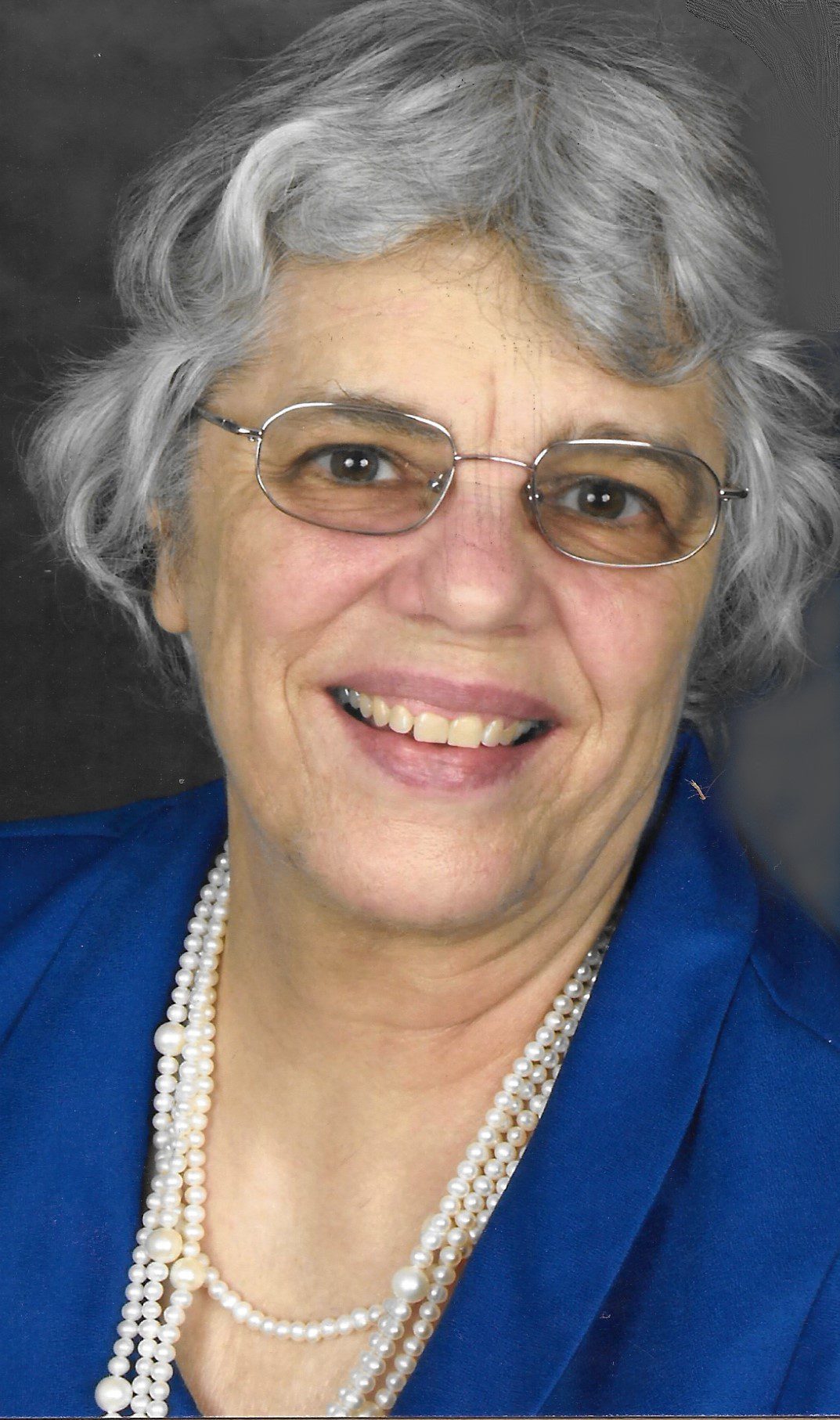Caring for my son is a privilege that many mothers do not get to experience even though life is not what I might have expected for him.
What are you most excited to do as a Dole Caregiver Fellow?
I am most excited to be able to help others. If I can help one person, then I have done something good.
What does being a military or veteran caregiver mean to you?
Being the caregiver for my son means that I will do my best to provide whatever he needs, whether it is being a listening ear, or when I am driving to take him to or from appointments, housekeeping, working with the VA, or taking care of his physical and mental needs.
How has your life changed since you became a caregiver? What sacrifices have you had to make?
I realized things are not going to be the way that our society expects. My son may never have a high-paying job or lots of friends, but that does not make him a failure. I see a man who has a good character and a kind heart.

My Story
Daphne Grady has been there for her Marine veteran son Paul Grady his entire life—starting with helping him through his learning differences in school, sending care packages and letters during his time as a Marine, and now as his caregiver.
Paul Grady (who uses both of his given names as they represent his two grandfathers who served in World War II) was very careful not to tell Daphne everything that happened to him during his service to prevent her from worrying, but when he needed to enter a hospital psychiatric unit, she knew that he had challenges that he could not manage on his own. During his discharge, she learned of his mental health diagnosis. Paul Grady suffers from a traumatic brain injury (TBI) and post-traumatic stress disorder (PTSD) as well as physical injuries including nerve damage in his feet and hands, and issues with his knees and ankles.
Although Paul Grady has improved to the point that he can live on his own, his brain disorders are so prevalent that Daphne often has to make appointments, accompany him to doctor visits, and do everything that requires complex thinking or remembering. She has also temporarily lived with him after multiple surgeries to help with cooking, cleaning, hygiene, and medical care.
An important part of her job as a caregiver is advocating for Paul Grady and finding him resources. One of her biggest caregiver wins was when she took Paul Grady to a VA doctor’s appointment and was told by the staff that he was not on the schedule, despite receiving a confirmation call the day before. After seeing all the times Paul Grady fell through the cracks at the VA, this was the final straw for her. She found a way to speak directly to an assistant to the VA director, which secured them a case manager who has “been an angel,” to this day.
Daphne’s faith has provided important guidance and a sense of security throughout her caregiving journey. She plays the English handbells for her local church and works to schedule appointments and meetings on any other day of the week apart from what she describes as ‘Sacred Tuesdays,’ a day of reflection and dedication to herself, and her relationship with God.
In addition to caring for her son, Daphne also cares for other caregivers as a facilitator and trainer with the National Alliance on Mental Illness (NAMI). She feels that if she can help just one other caregiver, she has done something valuable.








